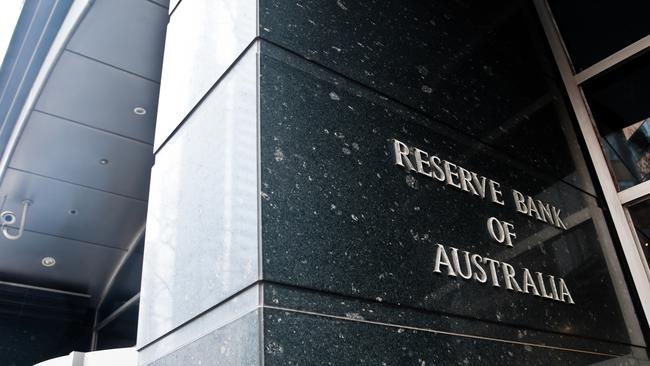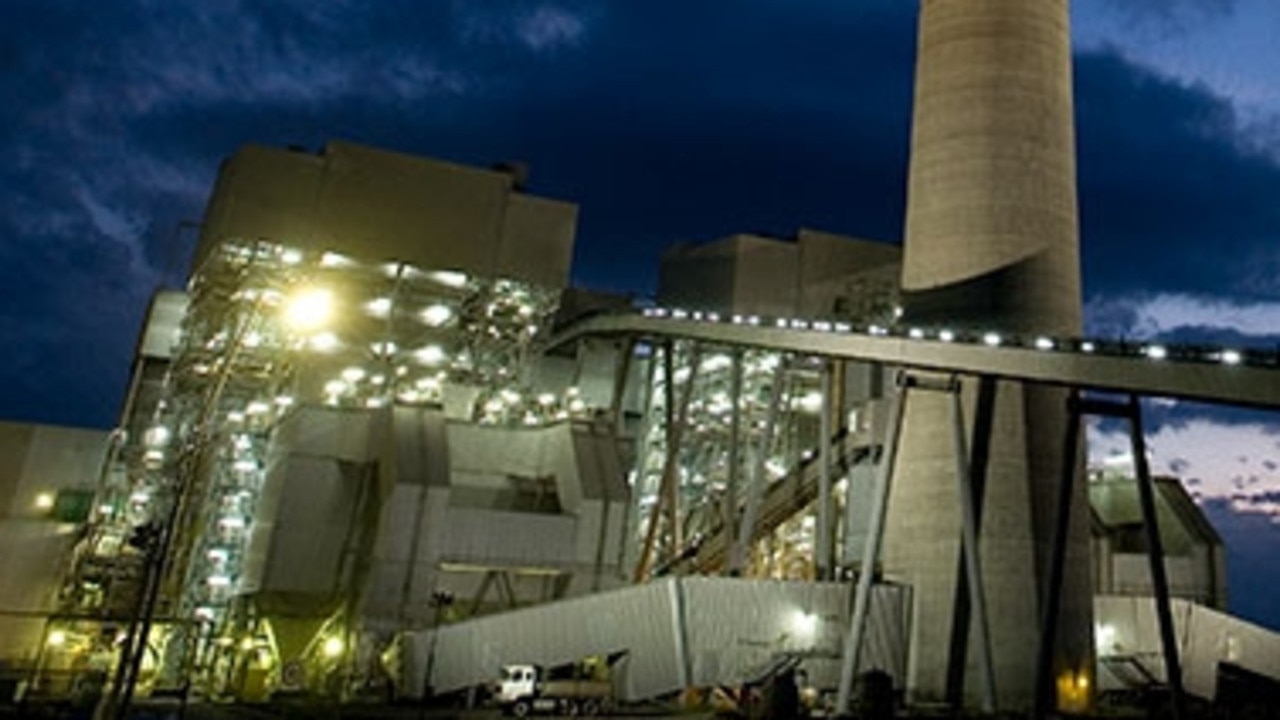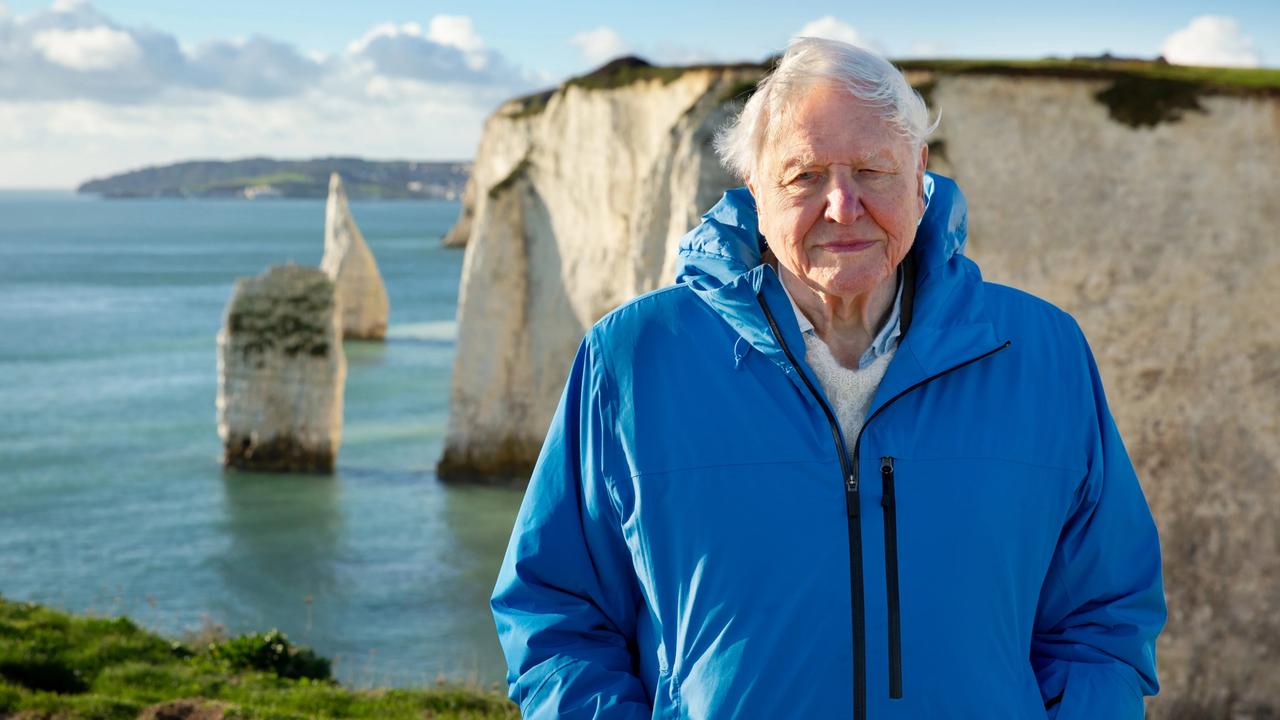Rate rise is unlikely to be deciding factor in federal election
Will next week’s official Reserve Bank interest rate rise and the mortgage rate hikes it will trigger hurt or help the Government?

WILL next week’s official Reserve Bank interest rate rise and the mortgage rate hikes it will trigger hurt or help the Government?
I suggest it should be the latter. I also suggest it won’t be the decisive factor that determines who’s in the Lodge come June.
I emphasise the word should for two reasons.
First, I think any rational assessment of the way issues around economic efficiency and economic security – not quite the same things – play out politically benefit the coalition.
But nowhere near as much as it did through the 1990s, 2000s and up to the 2013 election. Despite John Howard’s reappearance on the campaign trial, the Howard-Costello aura of overseeing economic success and bestowing the fruits to taxpayers, has significantly faded.
That though goes to the second reason I used that word should. While Scott Morrison and Josh Frydenberg are no Howard and Costello, they are no Albanese and Chalmers either.
That is to say, placed head-to-head – Morrison versus Albanese, and Frydenberg versus Chalmers – and even more as a team. The answer to the question ‘Who do you want to manage your money, especially when times look like they could get rocky?’ seems to me likely to be very clear.
Or at least, clear enough to advantage the incumbent duo.
But, to turn ‘should’ into ‘will’ requires aggressive, utterly unrelenting, effective campaigning by Morrison and Frydenberg over the remaining three weeks.
The more they could get into head-to-heads with their counterparts the better; but even in stand-alone sound-bites on the 6pm news, Morrison and Frydenberg should – that word again – come out in front.
Morrison showed exactly in 2019 he can do it; he was at it 16 hours a day seven days a week pulling apart how the Shorten-Bowen plans on negative gearing especially would hurt so many people.
Now it’s: do you really want to risk what happens to your mortgage repayments in the hands of Albanese especially and Chalmers – and Marles and Shorten and, again especially, Mr Carbon Tax Version 2.0, Bowen?
For those old enough and still able to remember back that far, there’s a strong flavour of what turned out to be ‘Cabinet Chaos Central’ – the Whitlam front bench – in the current Labor line-up.
Although Albanese is certainly no Whitlam; and that is not said as a compliment to the current candidate.
All that said, I don’t see higher interest rates as the issue that is going to decisively swing the election either way.
The times, the conditions and the electorate’s mood are very different to 2007, when we last got a rate rise – indeed, until now it’s been the ‘first and last’ rate rise – in an actual campaign period.
Back then the rate rise took the typical home loan rate up to 8-9 per cent; next week’s will see the mortgage rate barely hit 2.5 per cent.
Also, critically, back in 2007 it hadn’t been that long since the mortgage rate had, albeit very briefly, hit 17 per cent, in the late-1980s; and many still with a mortgage in 2007 would actually have experienced 10 per cent loan rates in the mid-1990s.
In any event, I would again argue the rate rise did not cost Howard the election; let’s not forget that Kevin Rudd won it precisely as Howard Version 2.0.
I think the biggest macro issue, which has become a sleeper and has been all-but ignored, is how the Covid-19 experience is playing out.
Very simply will it favour the Labor incumbents, as it did in Queensland and – big time – in Western Australia; but not in Liberal South Australia?
Or will it be shown to work negatively at the federal level, precisely because Morrison wasn’t actually holding the needle, so to speak?




To join the conversation, please log in. Don't have an account? Register
Join the conversation, you are commenting as Logout